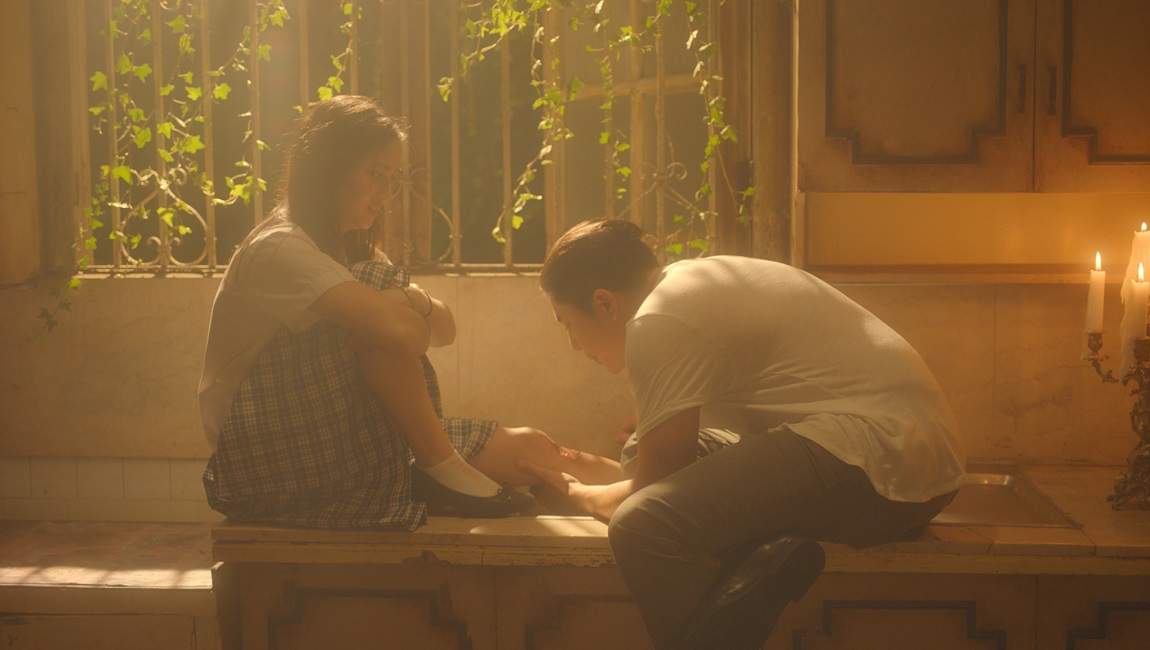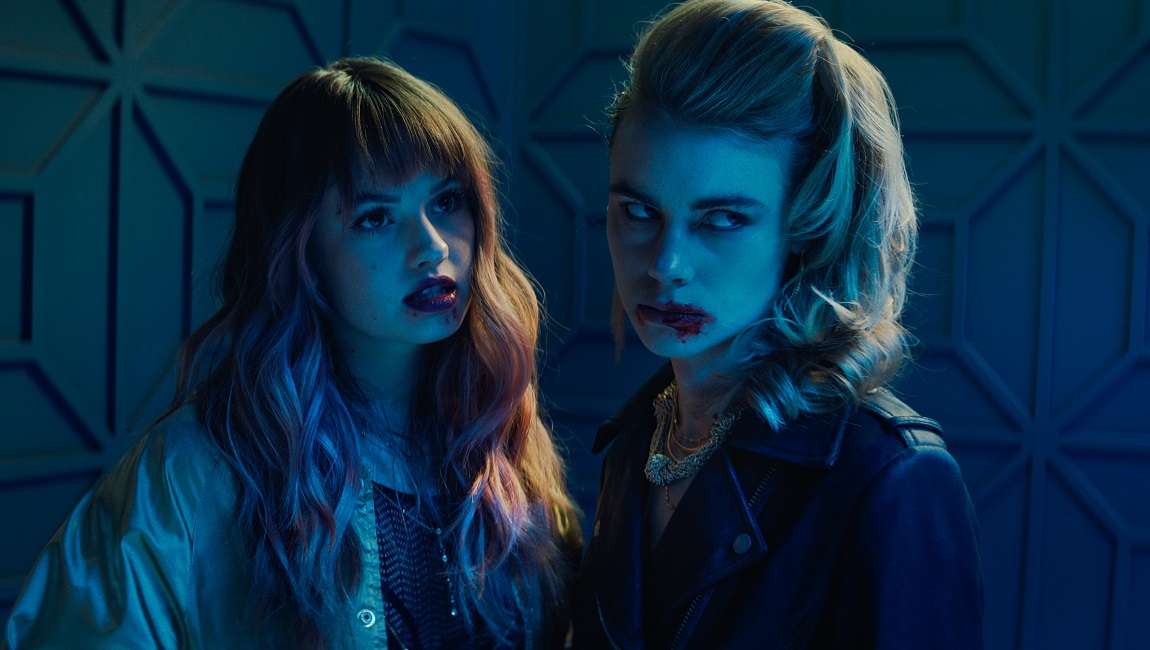Godzilla vs. Kong isn’t a perfect film, but it features franchise-best VFX and links to Toho-era entries in its commitment to visual spectacle over narrative.
The character of Godzilla, as originated in Ishirō Honda’s 1954 masterpiece, may have begun as a galvanic exercise in national catharsis, but over countless films and iterations, he’s since mutated from that early abstraction to cosmic avenger to displaced god to environmental defender and all the way back again. King Kong started as a spectacle of man’s hubris and was quickly recognized as a thinly-veiled metaphor for racism and colonialism, before taking his place as a uniquely contradictory example of American cultural guilt. All of that is to say that these creations’ historical reflections are intrinsically malleable, capable of supporting whatever subtext or metaphor a filmmaker might choose to impose upon them, as long as the requisite special effects and monster battles are supplied.
This particular American franchise began with Gareth Edwards’ 2014 Godzilla, which retrofitted the creature’s nuclear origins as a thing that disrupted the natural harmony — of the ecology, of the family, of the government. Jordan Vogt-Roberts’ Kong: Skull Island repurposed King Kong as the primordial consequence of a colonialist misadventure (to put it mildly) in Vietnam. 2018’s Godzilla: King of the Monsters posited a hostile, intrusive humankind as the impediment to any balance of environmental and spiritual harmony that can only be restored by two or three giant monsters smashing the shit out of a major metropolis, and was a formal homage to a strain of the original Toho films that took the franchise into decidedly Power Rangers-inflected terrain.
Godzilla vs. Kong isn’t interested in any of that, and possibly to its credit. Both of the title characters’ statuses in these movies as protector of some ecological balance are maintained only as an excuse to pit them against each other, and then finally against a third entity that shouldn’t be revealed. Much like Toho and Honda’s 1962 installment King Kong vs. Godzilla, in which the two titans are pitted against each other to boost a TV network’s ratings — and which featured different outcomes respective to whichever country in which you might be viewing the film — the entire project is a pretense, and to that degree it’s a success.
The less said about the cast and narrative, though, the better. It’s written for children and executed by some very well-meaning professionals, and that’s setting aside the script’s mildly troubling relationship to modern conspiracy culture. The centerpiece battles, however — one at sea amongst a flotilla of warships, and a later climactic one set in a neon-lit, nighttime Hong Kong — are superb examples of VFX mayhem, easily surpassing the digital dust cloud smears of previous entries, with shot selection and dynamic movement that, deliberately, suggests comic book panels or anime frames. It’s hard not to get grinny as a giant lizard spars with an equally giant ape atop a tipsy aircraft carrier, and a mid-film sequence with the gigantic Kong returning to his (absurd) homeland — a magical world inside the hollow interior of Earth — has some quality of ridiculous grace that renders it almost sublime in its sincerity. The film also has rocket-powered tunneling machines, robot monsters, and a shameless disregard for infrastructure and property. Notable is that these new films are able to remain tonally distinct while making choices to approximate something specific from the many Japanese films and their various iterations — it’s all very guileless and gleeful. But arguably most illustrative of what’s at work here is director Adam Wingard’s absurd, studio-mandated CGI wrestling match: it’s a remarkable bit of mayhem mostly because Godzilla vs. Kong is the first of this Western franchise to recognize the kaiju picture as a piece of bold graphic rather than narrative art.
You can currently catch Adam Wingard’s Godzilla vs. King Kong in theaters or stream it until April 30 on HBO Max.







